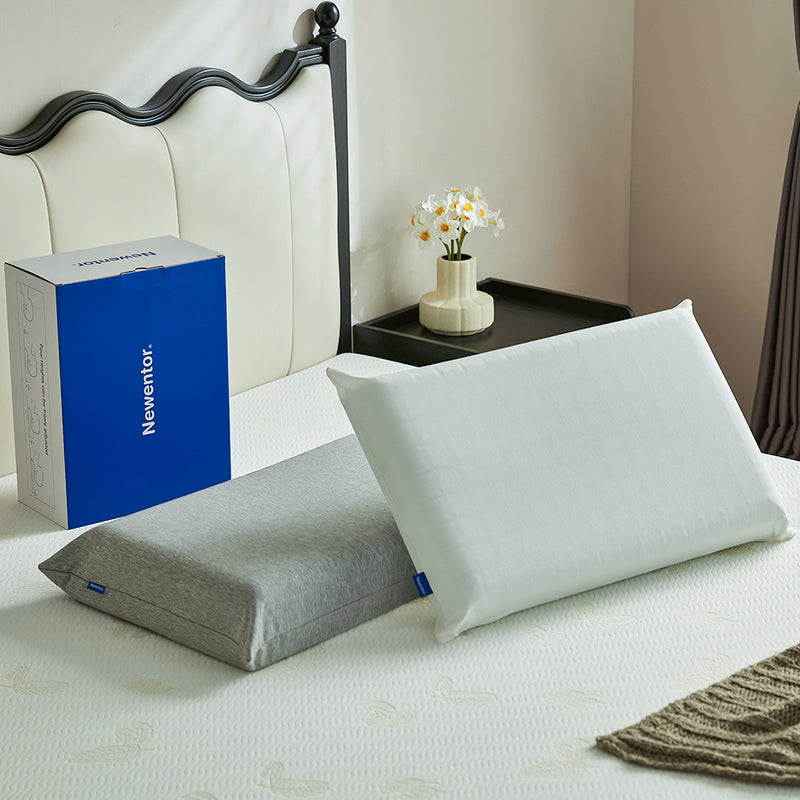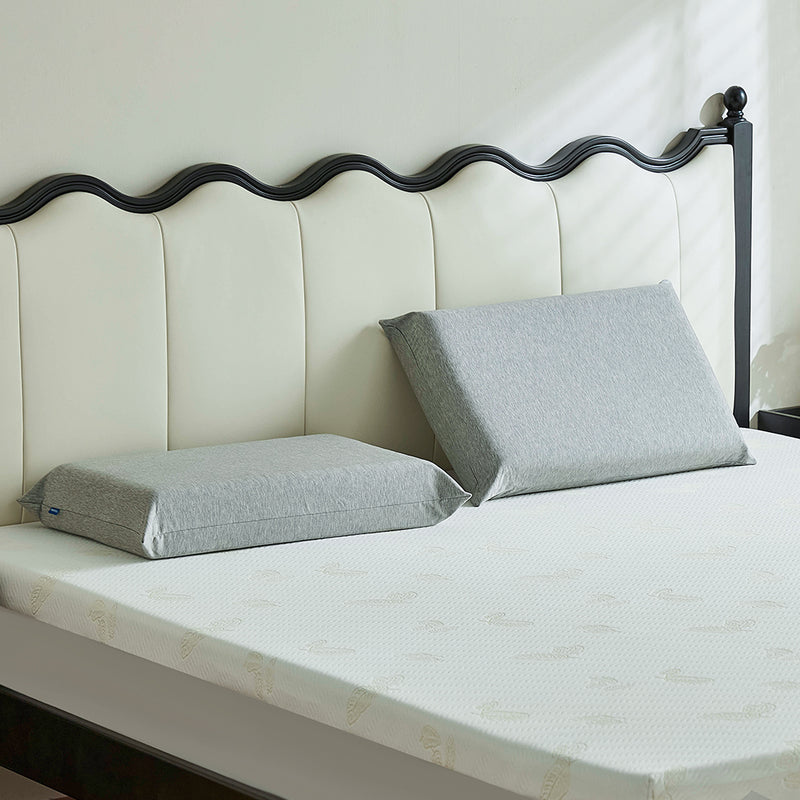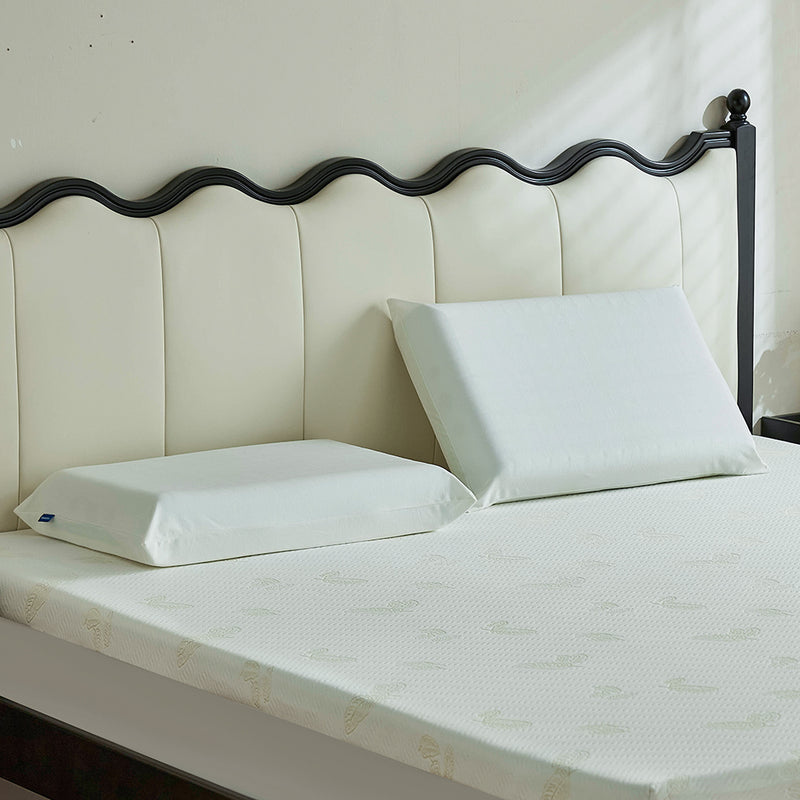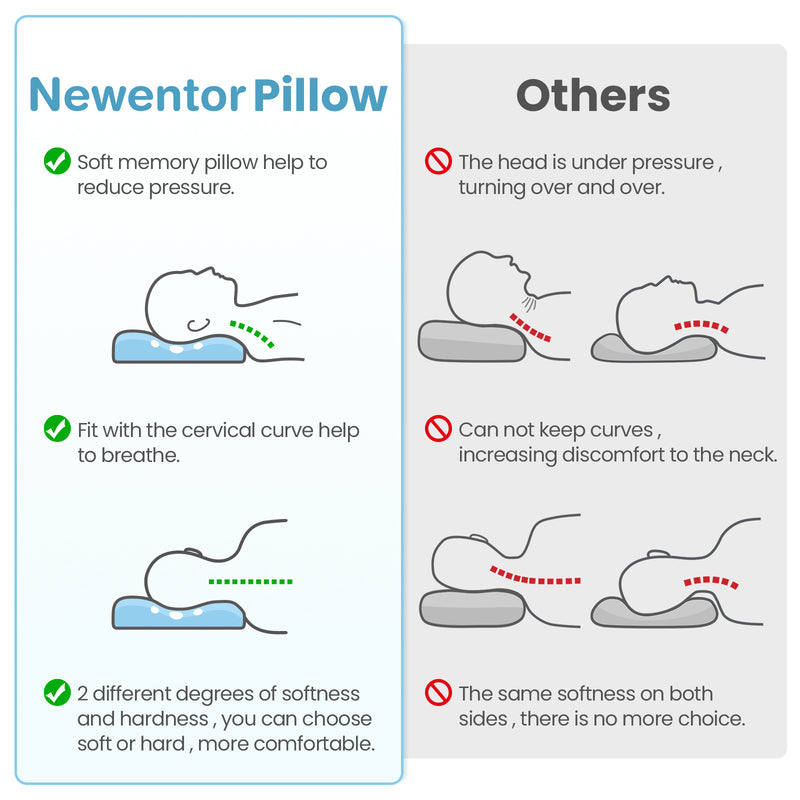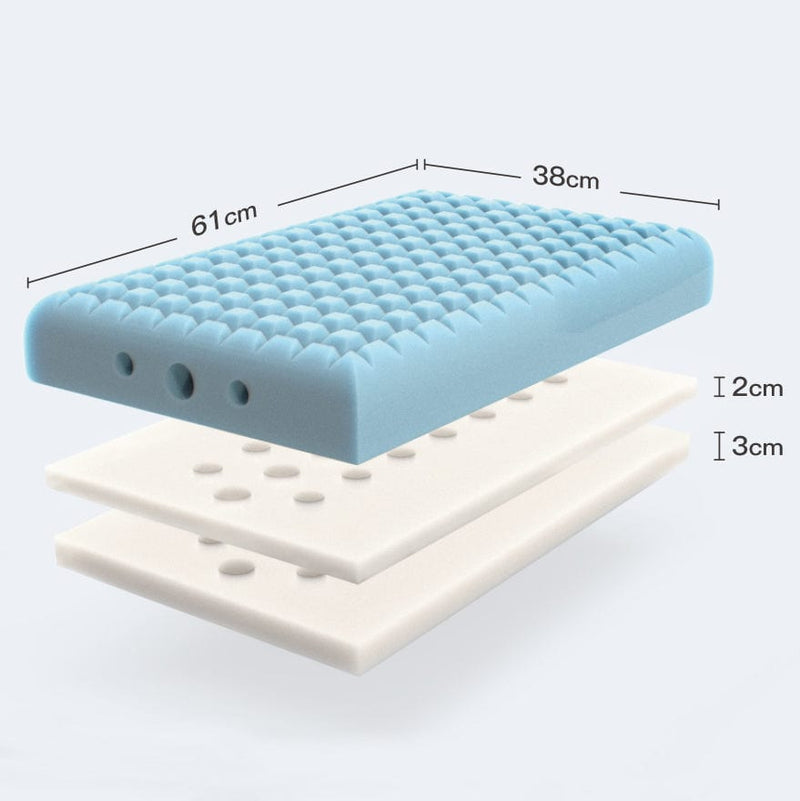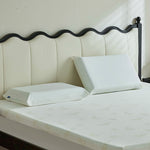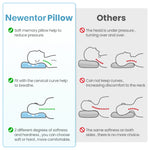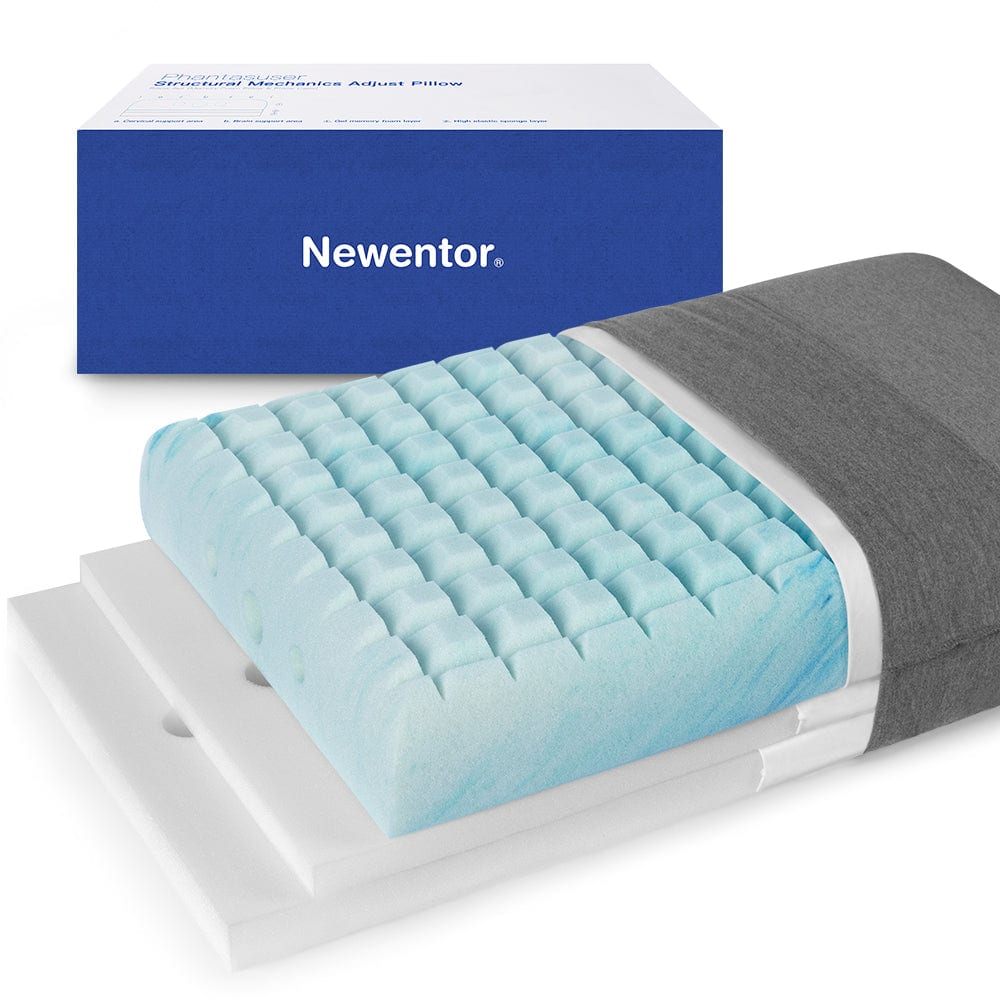1. Change Your Sleep Position
Sleeping on your back can cause the base of your tongue and soft palate to collapse, leading to snoring. Try sleeping on your side instead. Using a body pillow can help you maintain this position. If you tend to roll back onto your back, consider taping tennis balls to your pajamas or adjusting your pillow height to elevate your head.
2. Lose Weight
Excess weight, especially around the neck, can narrow your throat and increase the likelihood of snoring. If you've gained weight and started snoring, losing weight might help alleviate the issue.
3. Avoid Alcohol
Alcohol and sedatives relax the muscles in your throat, making snoring more likely. It’s best to avoid drinking alcohol at least 4-5 hours before bedtime to prevent worsening snoring.
4. Practice Good Sleep Hygiene
Poor sleep habits, like working long hours and going to bed overtired, can make snoring worse. Ensure you’re getting enough rest, and avoid being overtired, which can relax throat muscles and contribute to snoring.
5. Open Nasal Passages
If snoring starts in your nose, keeping nasal passages open can help. A hot shower before bed or using a saline rinse can help clear nasal congestion and allow air to flow more smoothly, reducing snoring.
6. Clean Your Pillow Cover
Allergens, like dust mites in your pillows, can contribute to snoring. Make sure to wash pillow cover regularly and replace them every 3 months. Keep pets out of the bedroom to avoid inhaling dander, another common irritant.
7. Stay Well Hydrated
Dehydration can make mucus in your nose and soft palate stickier, which can increase snoring. Drink plenty of fluids to keep your nasal passages and throat moist and help reduce snoring.
























